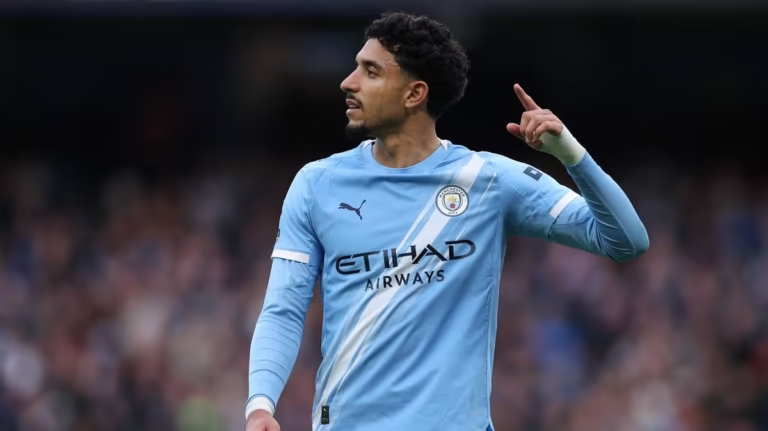
The WNBA offseason took a dramatic turn when seasoned veteran DeWanna Bonner made headlines with her decision to align herself with rising star Caitlin Clark and the Indiana Fever. Known for her toughness, experience, and playoff pedigree, Bonner’s bold move did more than just bolster the Fever’s roster—it sent shockwaves through the league and directly challenged recent comments made by Hall of Famer Sheryl Swoopes. Swoopes had previously claimed that Clark was creating tension in the Fever locker room and that veterans were hesitant to play alongside her. Bonner’s action, however, painted a completely different picture—one of belief in Clark’s potential and trust in the Fever’s direction.
Swoopes didn’t mince words in her critique, suggesting that Indiana was a team without unity or identity. “Players are trying to leave. That’s not where they want to be,” she had said. But Bonner’s response wasn’t a vague social media post or a passive interview—it came in the form of a signed contract and confident words. She spoke highly of the Fever’s core players—Clark, Aliyah Boston, and Kelsey Mitchell—and expressed a strong desire to be part of their journey. For Bonner, the decision wasn’t solely based on family proximity, though that was a factor. It was a strategic basketball decision made by a player who sees promise and grit in this young team.
In her interviews, Bonner showed not only enthusiasm for the team’s growth but also admiration for Clark’s game. She praised the young guard’s court vision and leadership, calling her a player who’s already changing the landscape of the league. Rather than shying away from the spotlight Clark attracts, Bonner embraced it and positioned herself as a mentor who could help navigate the pressures of professional basketball. Her presence adds not just skill and defense but also the veteran leadership Indiana lacked during its last playoff run.
While Swoopes once predicted a lack of interest from veterans in joining the Fever, Bonner has done the opposite—choosing to invest in the franchise’s future. She emphasized that her goal isn’t to simply be a supporting figure; she wants to lead and contribute in a meaningful way. Her early chemistry with Clark, including joint workouts and locker room bonding, hints at a promising on-court partnership. Bonner is here to compete, to push Clark forward, and to ensure the team capitalizes on every opportunity.
Ultimately, Bonner’s decision signals a shift in Indiana’s identity. No longer a rebuilding team, the Fever now boast a formidable combination of youth and experience. With other standout players like Natasha Howard on board and a clear focus on team culture, Indiana is ready to make waves in the league. Bonner’s move contradicts the doubts cast by Swoopes, showing that Indiana is no longer seen as a troubled franchise but as a destination for winning—and for building something that truly lasts.



